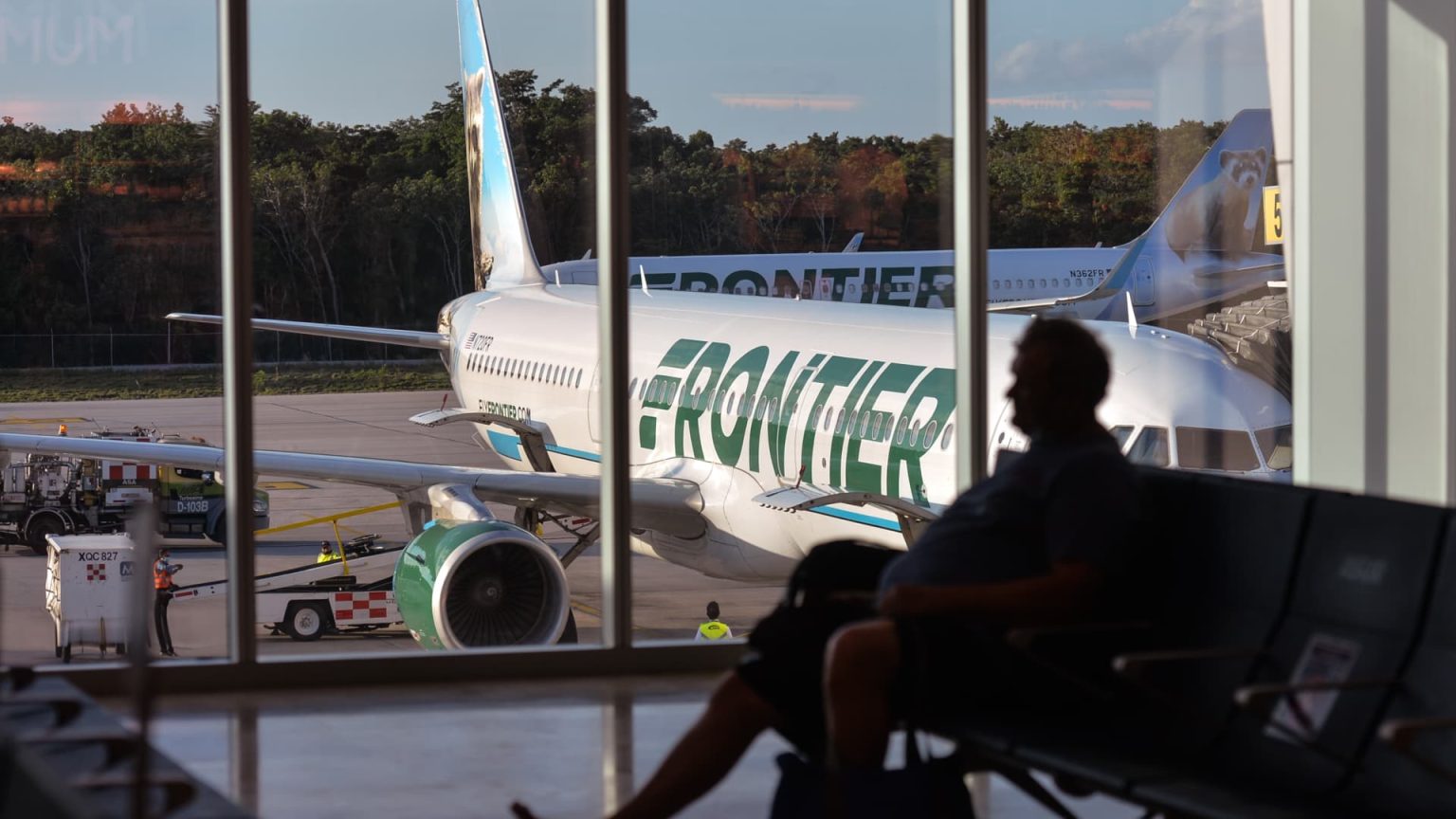The Air Carrier Access Act of 1986 mandates that airlines must provide wheelchair assistance to passengers with disabilities at the airport. However, Frontier Airlines CEO Barry Biffle recently spoke out about the widespread abuse of this service by travelers who do not genuinely require it. Biffle mentioned instances where numerous travelers requested wheelchairs during departure, but only a fraction actually needed them upon arrival. This misuse of wheelchair services not only disrupts airline operations but also causes delays for passengers who genuinely need assistance.
The cost to airlines for providing wheelchair services is around $30 to $35 per request. Biffle emphasized the need for penalties against those who abuse these services, similar to the fines imposed for parking in handicapped spaces. By cracking down on fraudulent claims of needing wheelchair assistance, airlines can ensure that resources are allocated efficiently to travelers who have a legitimate need for support. This issue highlights the importance of protecting services for individuals with disabilities and preventing abuse that can disrupt airport operations.
Other industry executives have echoed Biffle’s concerns regarding travelers falsely claiming the need for wheelchair assistance to expedite their airport experience. John Holland-Kaye, the former CEO of London’s Heathrow Airport, raised similar issues about passengers attempting to fast-track through the airport using wheelchair support. Such practices not only strain airport resources but also compromise the quality of service for individuals with genuine disabilities who require assistance. It is crucial to address these issues and protect the integrity of wheelchair services for those who truly need them.
John Morris, a triple amputee and founder of WheelchairTravel.org, pointed out that disabilities can manifest in various ways, leading some travelers to require assistance in certain situations but not others. For instance, navigating through a large airport may necessitate wheelchair support, but this may not be needed in smaller facilities. Morris emphasized the complexity of disability needs and the challenges in determining who genuinely requires wheelchair services. While there is a case for holding abusers accountable, it is essential to consider the nuances of disability visibility in society.
In response to these concerns, the Department of Transportation proposed stricter regulations to prevent wheelchair damage by airport ground handlers and ensure prompt assistance for travelers with disabilities during boarding and disembarkation. These rules aim to improve the overall experience for passengers requiring wheelchair assistance and mitigate potential issues related to neglect or mishandling of mobility aids. By implementing these measures, airlines can enhance the quality of service provided to individuals with disabilities and ensure that resources are allocated effectively to those in genuine need of assistance.
Overall, the prevalence of travelers abusing wheelchair services highlights the need for greater oversight and penalties to deter fraudulent claims. Industry executives, disability advocates, and regulatory bodies are working to address these issues and improve the accessibility and quality of assistance provided to passengers with disabilities. By promoting accountability and protecting the integrity of wheelchair services, airlines can better serve individuals with genuine mobility needs and ensure a smoother travel experience for all passengers.













